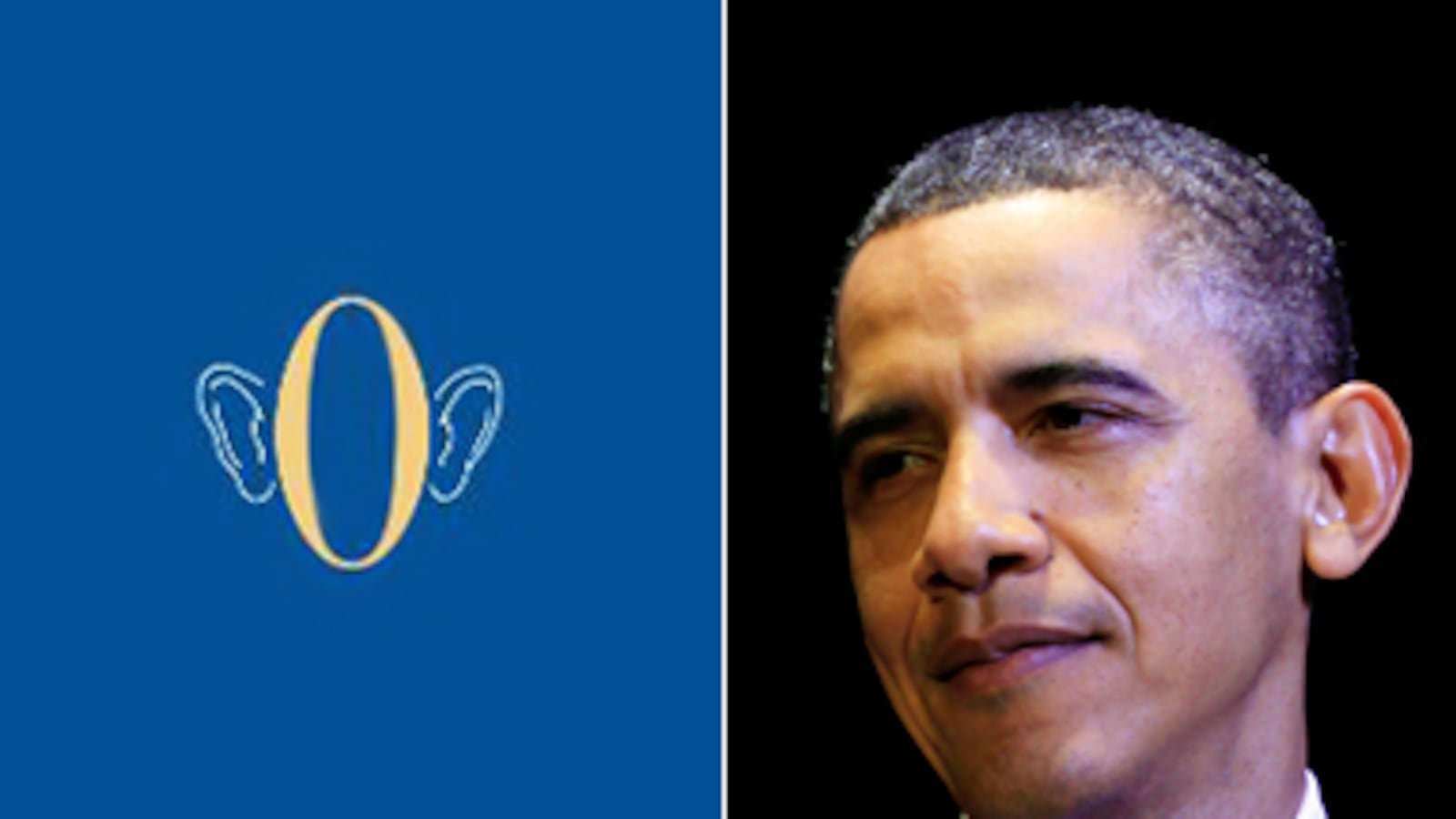In February 1663, the London printer John Twyn was sentenced to the most terrible fate ever meted out to a man of letters: he was to be hanged, drawn and quartered. Twyn’s offence? He had not written, but had dared to print, a seditious pamphlet which justified the right of rebellion against the king.
The pamphlet was anonymous.

No one believed that Twyn had written it, only that he had transformed it from manuscript into print. In his condemned cell, he told those who begged him to confess the source of the treason (and get off) that “it was not his principle to betray the author.” The next day Twyn’s head was duly placed on a Ludgate spike. His quartered carcass was impaled above other London city gates.

As Washington watches agog at the publication of the anonymous roman a clef, O: A Presidential Novel, John Twyn’s horrible fate is an apt reminder of the historic perils of authorship, the price of anonymity, and the frenzy it used to arouse in the early days of the printed word.
Today, in virtually any chain bookstore, the piles of Bush, Palin, Grisham, or Franzen, seem to demonstrate one simple equation: books equal a joyous, uncomplicated celebrity. In the age of Nook and Kindle, books and writers, like little bubbles of self-assertion, intoxicated by the oxygen of publicity, revel in the high winds of fame. Actually, this is a comparative novelty. Writers used to go to extraordinary lengths to remain anonymous.
With good reason. Books were a matter of life and death. Immediately after the introduction of the printing press, writers who challenged religious or political orthodoxy were in mortal danger. Translations of the Bible, especially, offered a short route to oblivion. Tyndale was burned at the stake. Lower down the slopes of Parnassus, even Shakespeare published anonymously.
After the pre-publication guessing games (Is it Rahmn Emanuel? Is it Christopher Buckley? No, it’s Mr. Nobody) perhaps it would be more humiliating to wake up on publication day and discover that no one actually gives a damn...
The coverage of O suggests that its anonymity may be the best thing going for it. Nonetheless, the author of O: A Presidential Novel, whoever he (or she) turns out to be—Robert Gibbs? Curtis Sittenfeld? David Plouffe? Jon Favreau? –has placed themselves in a noble, if fraught, tradition. Tracking back through Anglo-American literary history we find that anonymous first put his name to Gulliver’s Travels, the Essay Concerning Human Understanding, The Federalist Papers and, of course, Primary Colors, a 1996 bestseller that was swiftly—and ruthlessly—exposed as the work of political journalist Joe Klein.
Ah, Joe Klein... Primary Colors was a succès de scandale and a succès fou from the moment it appeared, a word-of-mouth phenomenon. In dishing the dirt on Bill Clinton aka Jack Stanton, its anonymity was the guarantee of its candor. The author’s intimacy with his (or, conjecturally, her) subject was a crucial part of its appeal. It didn’t do any harm that it was unputdownable, an exceedingly accomplished debut.
So far, so good. Now Klein encountered the curse of anonymity. First of all, confronted by an outraged press corps he found himself denying everything. Big mistake. Once he was rumbled (thanks to quantitative analysis) he was subjected to a media version of Twyn’s evisceration. Newsweek suspended him. CBS News “accepted his resignation.” Today, he writes for Time. Last week, challenged about O, he protested to The Daily Beast, “I didn’t do it.” We have to believe him. O lacks either the pizzazz or the wit of Primary Colors. Assuming anyone can be bothered, some other sucker is about to be dragged to the scaffold.
The fate of the latterday Anonymous recalls a time when contrarian self-expression could get any writer into trouble. In 1679, England’s greatest living poet, John Dryden, was so badly beaten by thugs, for his supposed authorship of an anonymous satire about one of the king’s mistresses, that his life was threatened. In the next generation, Defoe was put in the pillory and Pope, after the publication of The Dunciad, never left the house without a brace of pistols—and a Great Dane named Bounce.
As the threats from the state receded, the danger to the writer became more personal. Writers who put their names on their title pages were often obliged to defend their reputations with swords not pens. John Wilkes was wounded in the stomach, but survived. The political risk of new books was replaced by the frisson of scandal. The first two cantos of Don Juan appeared anonymously after Byron refused to let his publisher inflict his “damned cutting and slashing.”
The marketplace blunted the writer’s peril. New books, especially novels, became entertainment for middle-class readers. Any offence they might give was confined to the library. Where anonymity once protected the author’s life, now it was an expression of his, or her, modesty. Many of the greatest writers in the English literary canon (Jane Austen, the Bronte sisters, George Eliot) began by publishing anonymously, or pseudonymously. Guessing the gender of an unknown author became part of the pleasure of reading.
Anonymity—as the author of O has discovered—became part of a promotional game, teasing the public. Walter Scott was a master of backing into the limelight. The author of Waverly relished anonymity. He would abstain from discussing his novels but speak with enthusiasm of the stage plays that were made from them. In contemporary terms that would be like Cormac McCarthy publishing No Country for Old Men anonymously, but extravagantly praising the Coen Brothers’ movie.
In the last century, anonymity might guarantee an author’s freedom, but now the demons were personal, as perhaps they are for the author of O. Eric Blair became George Orwell because he was nervous of the reception for Down and Out in Paris and London. Anthony Burgess became Joseph Kell because his publishers could not keep up with his output. Doris Lessing invented Jane Somers to outwit indifferent publishers. Today, the most familiar kind of anonymity is failure, rejection, and neglect. The author of O (someone who “has been in the room with Barack Obama”) has certainly nixed those demons, but we’ll have to see if he can dodge the scaffold and the fate of Klein/Twyn. After the pre-publication guessing games (Is it Rahmn Emanuel? Is it Christopher Buckley? No, it’s Mr. Nobody) perhaps it would be more humiliating to wake up on publication day and discover that no one actually gives a damn...
Robert McCrum is an associate editor of the Observer and the author of Globish: How the English Language Became the World's Language.






